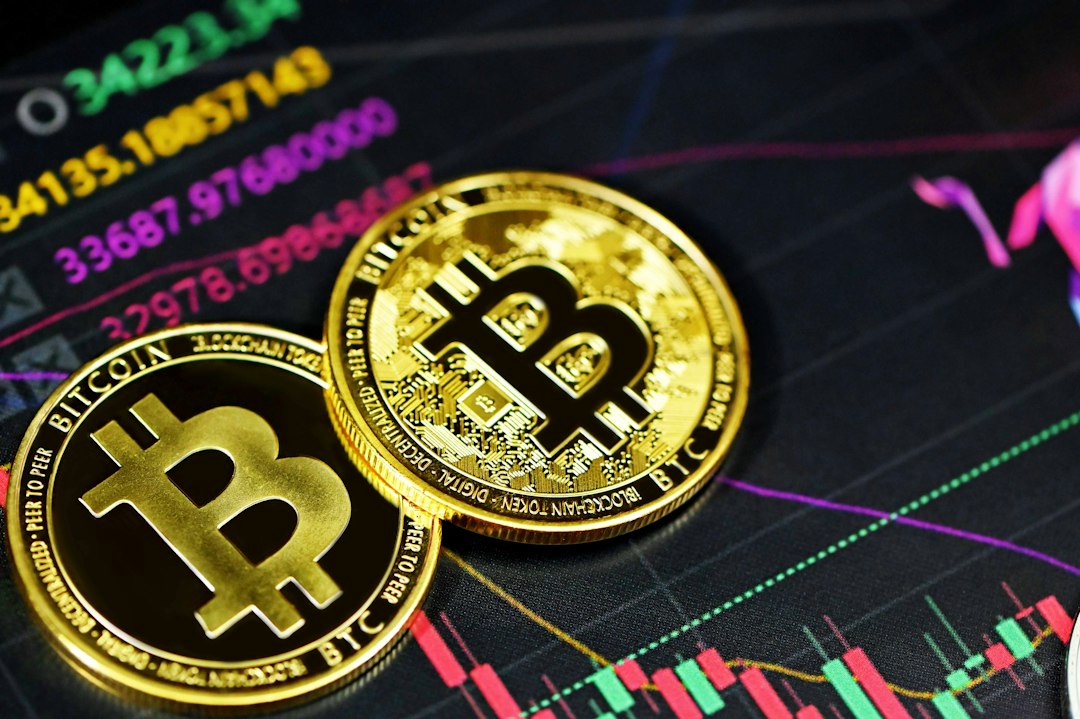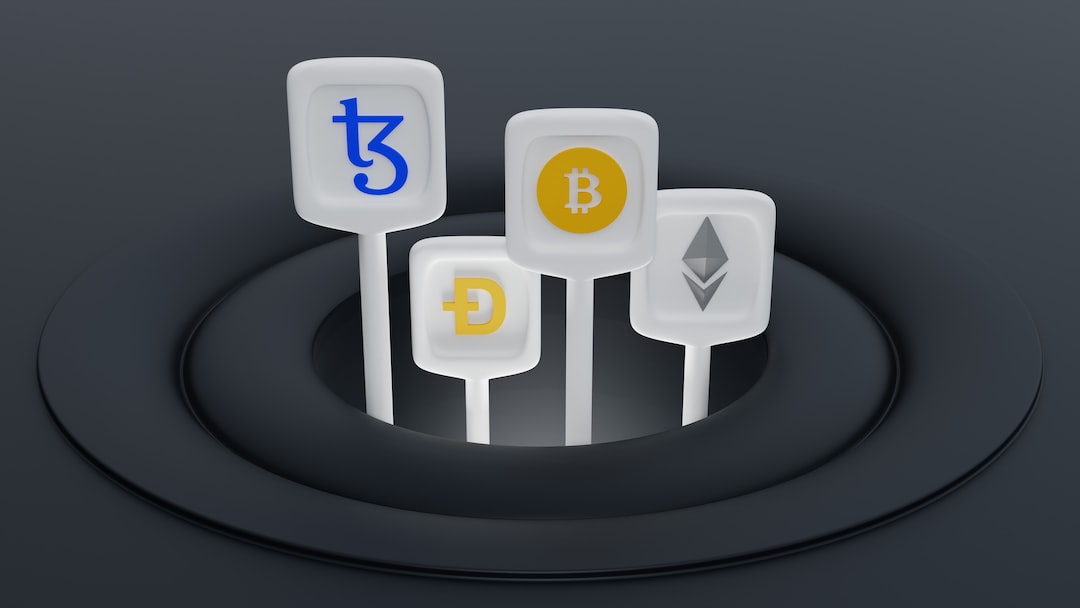The Pros and Cons of Centralized vs. Decentralized Crypto Exchanges
Welcome to the world of cryptocurrency trading! If you are new to this exciting financial landscape, you might be wondering about the different types of crypto exchanges. Centralized and decentralized exchanges each have their own unique characteristics and advantages. In this article, we will explore the pros and cons of these two types, helping you make an informed decision based on your trading preferences and goals.
Centralized Crypto Exchanges
A centralized crypto exchange, as the name suggests, is a platform where transactions are facilitated by a central authority or intermediary. These exchanges are typically operated by a company or organization that holds users’ funds and serves as an intermediary for trades. Here are some of the pros and cons of centralized exchanges:
Pros of Centralized Crypto Exchanges
1. Convenience: Centralized exchanges often provide user-friendly interfaces, making it easy for beginners to navigate the platform and execute trades. They usually offer various trading pairs, liquidity, and advanced order types, catering to traders of all levels of experience.
2. Liquidity: Centralized exchanges generally have higher trading volumes than decentralized ones. This means that you can easily find buyers or sellers for your desired cryptocurrency, resulting in faster and more efficient trades. These exchanges also often offer competitive spreads, minimizing the impact of market volatility on your trades.
3. Security Measures: Centralized exchanges often implement robust security measures to protect users’ funds from hacking attempts or theft. They employ encryption protocols, cold storage, and two-factor authentication, making them relatively secure platforms for trading.
4. Regulation and Compliance: Centralized exchanges, due to their centralized nature, are more likely to be supervised by regulatory authorities. They are subject to know-your-customer (KYC) and anti-money laundering (AML) regulations, which can enhance the overall security of the platform and reduce the risk of fraudulent activities.
Cons of Centralized Crypto Exchanges
1. Counterparty Risk: When using centralized exchanges, you are entrusting a third party with your funds. In case of a hack or the exchange becoming insolvent, there is a risk of losing your funds. This risk can be mitigated by choosing reputable and well-established exchanges with a good track record.
2. Lack of Privacy: Centralized exchanges often require users to provide personal information, such as identity verification, to comply with regulations. This compromises privacy and anonymity, which are fundamental principles of cryptocurrency.
3. Censorship Risk: Centralized exchanges can potentially be subject to censoring orders from governments or central authorities. Your funds might be frozen or transactions blocked in case of regulatory actions, limiting your control over your assets.
4. Single Point of Failure: Centralized exchanges rely on a single infrastructure and database, making them vulnerable to technical issues or outages. This can lead to interruptions in trading or the loss of access to funds.
Decentralized Crypto Exchanges
Decentralized crypto exchanges, also known as DEXs, operate on blockchain technology and do not rely on intermediaries or central authorities. Here are the pros and cons of decentralized exchanges:
Pros of Decentralized Crypto Exchanges
1. Control and Ownership: In decentralized exchanges, you retain full control over your funds since transactions happen directly from your wallet. There is no need to trust an intermediary to hold or manage your assets.
2. Privacy and Anonymity: Decentralized exchanges prioritize user privacy and anonymity. They often do not require identity verification, allowing you to trade with a level of privacy not found in centralized exchanges.
3. Resilience: By operating on a distributed network, decentralized exchanges have no single point of failure. This makes them less prone to hacks or downtime, ensuring continuous access to your funds and uninterrupted trading.
4. Removal of Censorship: Decentralized exchanges are resistant to censorship as there is no central authority that can control or block transactions. You have the freedom to trade any digital asset without the risk of regulatory interference.
Cons of Decentralized Crypto Exchanges
1. User Experience: DEXs often have a steeper learning curve and less user-friendly interfaces compared to centralized exchanges. This might pose challenges, especially for inexperienced traders.
2. Liquidity Constraints: Decentralized exchanges generally have lower trading volumes, resulting in lower liquidity for certain cryptocurrencies. This can lead to slippage and increased trading costs for some trades.
3. Smart Contract Risks: Decentralized exchanges rely on smart contracts to facilitate transactions. While these contracts are designed to be secure, they are not immune to bugs or vulnerabilities that could potentially be exploited.
4. Irreversibility of Transactions: Once a transaction is executed on a decentralized exchange, it is irreversible. In case of a mistake or fraudulent activity, it may be challenging to recover lost funds.
Now that you have a better understanding of the pros and cons of centralized and decentralized exchanges, it’s time to weigh your options. Consider your priorities in terms of convenience, security, privacy, and control over your funds. Ultimately, the choice between a centralized or decentralized exchange depends on your individual preferences and risk tolerance.
FAQs:
1. Which type of exchange is better for beginners?
Centralized exchanges are generally more beginner-friendly, offering user-friendly interfaces and providing support for various trading pairs, making it easier for beginners to start trading.
2. Are decentralized exchanges safer than centralized ones?
Decentralized exchanges eliminate the risk of a centralized authority being hacked or mismanaging funds. However, they come with their own risks, such as smart contract vulnerabilities or potential user errors, making it important to exercise caution.
3. Can I use both centralized and decentralized exchanges?
Absolutely! Many traders utilize both types of exchanges based on their trading needs. Centralized exchanges offer convenience and liquidity for more established cryptocurrencies, while decentralized exchanges cater to those seeking privacy and greater control over their funds.
4. Can decentralized exchanges compete with centralized ones?
Decentralized exchanges are still evolving and face challenges related to liquidity and user experience. As the technology improves and more users adopt decentralized exchanges, they have the potential to compete more effectively with centralized exchanges.
Remember, whether you choose a centralized or decentralized exchange, it’s crucial to conduct thorough research and security measures to protect your funds. Happy trading!





 By
By
 By
By
 By
By

 By
By
 By
By